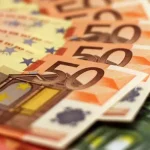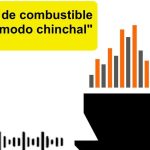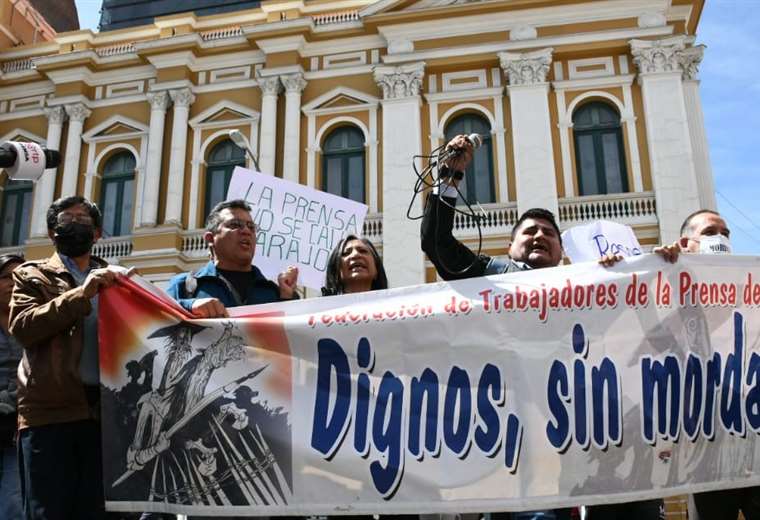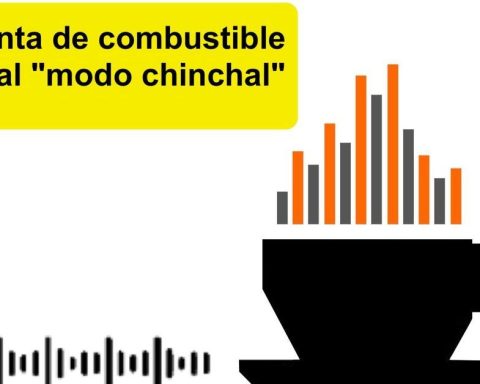President Lula’s visit to China began in Shanghai, a city that rivals Beijing, the capital.
Economy and Government. Money and power. In China, all of this is even more intertwined than it normally is. Starting the day by going to the headquarters of the Brics bank – an economic bloc made up of Brazil, Russia, India, China and South Africa – was a perfect symbol of this trip, because this institution unites these two aspects.
It is a special bank because it exists for economic but also political reasons. The NDB, which stands for New Development Bank, is better known as the bank of the Brics. The member countries of this bloc represent 40% of the world’s population, a quarter of the planet’s Gross Domestic Product (GDP), around 25 trillion dollars.
And it is also an attempt to create an alternative voice to the traditional rich American and European world.
This bank is the financial instrument that seeks to help developing countries. For Brazil, one billion and seven hundred million dollars are reserved. They awaited Lula’s visit to Shanghai for the inauguration of Dilma Rousseff, an economist with a long career, as president of the bank. Dilma’s nomination was a clear sign of Lula’s prestige and what Brazil represents in this group.
Accompanied by 2 directors, one Russian and the other Chinese, Dilma showed the joy of someone who is assuming a position of great importance on the international scene. In her inauguration speech, she said she had an old connection with the bank, as it was in 2014, at a Brics meeting in Fortaleza, when she was president of Brazil, that it was decided to create it.
He also stated that helping the poorest, developing countries is a priority and that the bank plays an important role in the vision of a multilateral world. This expression, multilateral world, is a political will to question American dominance, which translates not only into military power, but also into the weight of the United States in institutions such as the International Monetary Fund (IMF) and the World Bank, which traditionally were the only with enough clout to bail out countries in financial difficulty, but also to impose conditions that many find unfair.
In his speech, President Lula highlighted another aspect that also concretely signals an influence towards a more pluralistic world. Lula said that countries do not always need to be pegged to the dollar in their international transactions. That it is possible to trade directly using local currencies, that doing things differently and with great patience is a hallmark of the Chinese. And that the bank has a transforming potential for the world.
Before the Brazilian delegation made up of dozens of politicians, including governors, senators and deputies, Lula also spoke about Brazil. He said that he could never imagine the return of hunger in our country and that the last government destroyed everything that was built in the areas of environment, science and culture.
He ended his speech asking for a more generous world with more fraternity to defeat hate speech and individualism. Moving away from the dollar has consequences for relations with the United States. It can be a rational economic view, but also politically charged.
And, in the afternoon, the visit to Huawei, a Chinese telecommunications company, one of the largest in the world, in a way added more fuel to this fire.
This is because, although Huawei has been in Brazil for over twenty years, it is currently part of a fight between China and the United States. The American government banned Huawei from selling its products there, which caused a loss of more than 30 billion dollars for the Chinese.
It’s a fight about technology, patents, invasion of privacy, espionage. The accusations are controversial and, therefore, the visit of the President of Brazil at this moment can be read in several ways. For China, it tastes like victory and, necessarily, for the United States, it tastes like defeat.
Economics, politics, and very careful diplomacy. After all, they are Brazil’s two biggest trading partners. But the main thing is yet to come.
This Friday, Lula, who is already in Beijing, will meet Chinese leader Xi Jinping in the afternoon. The two are beginning their third terms. Both are heavyweights on the international political scene. Both would like to have the other’s support on various issues, from the environment to the war in Ukraine, for example.
A good relationship between them can yield a lot for Brazil, for China and even for the world.
















